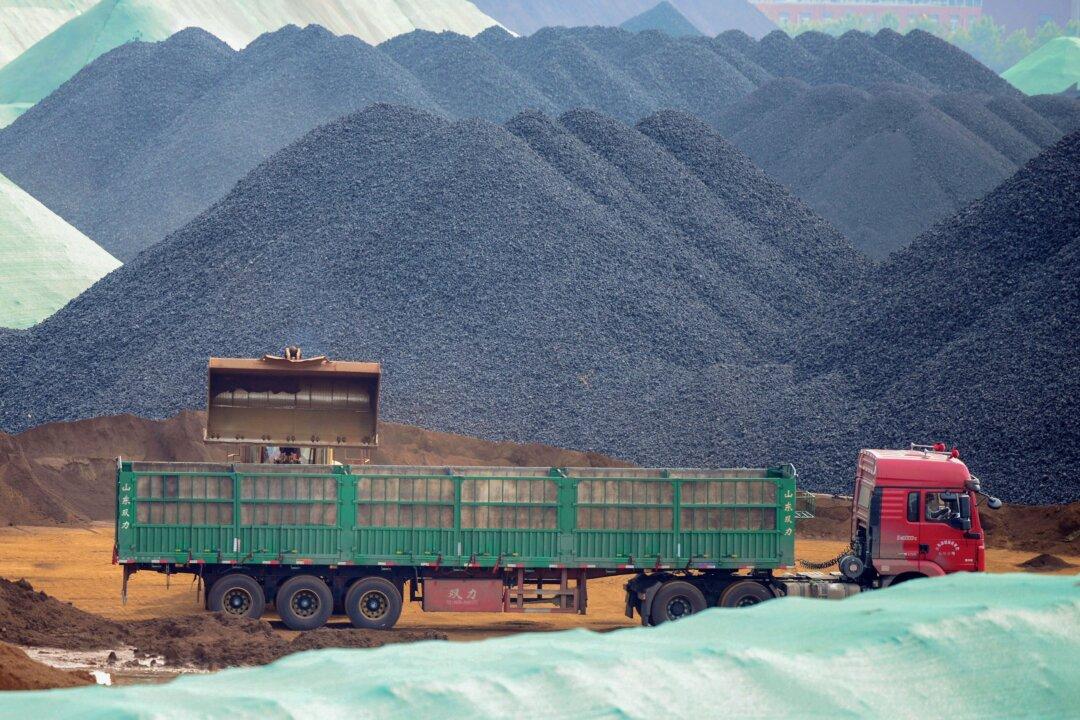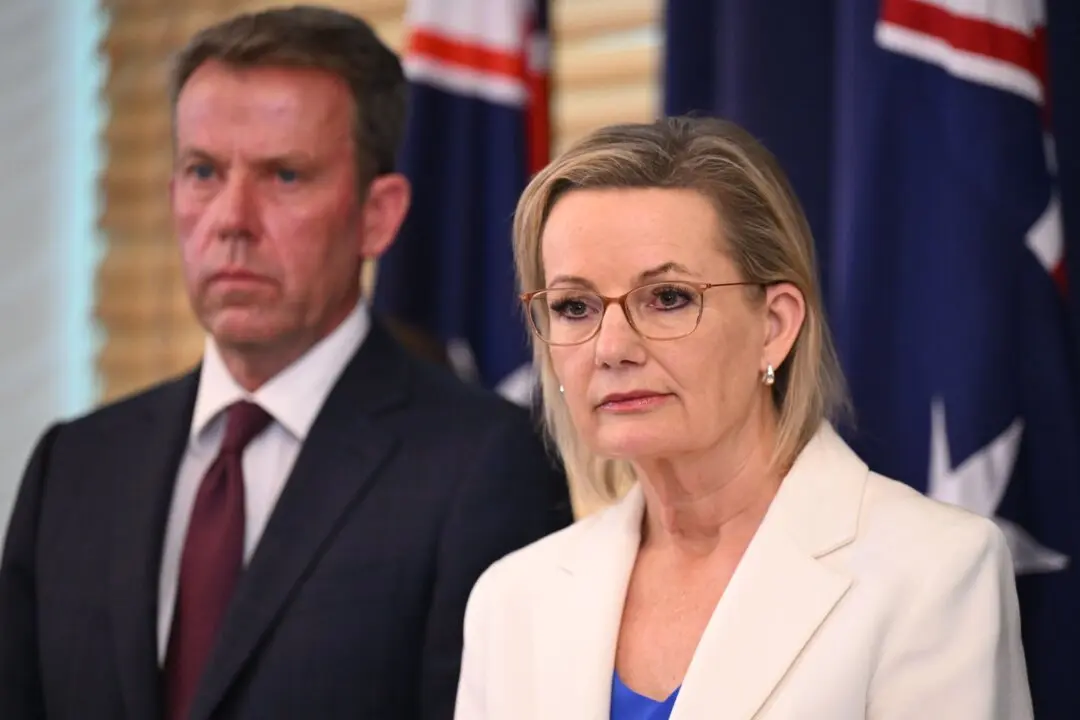Amid the ongoing trade disputes that Beijing has instigated against Australian exporters, the Republic of Congo (ROC)—which is heavily indebted to China—has stripped three Australian mining firms of major iron ore projects under alleged “unlawful and arbitrary” circumstances.
The move comes as the Chinese Communist Party (CCP) continues to wield considerable influence via debt-trap diplomacy on the African continent.





